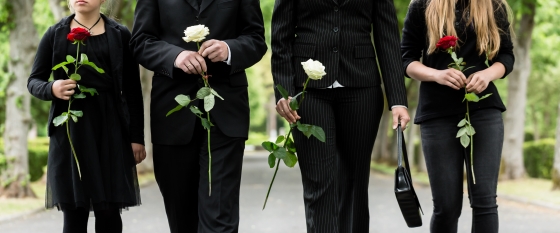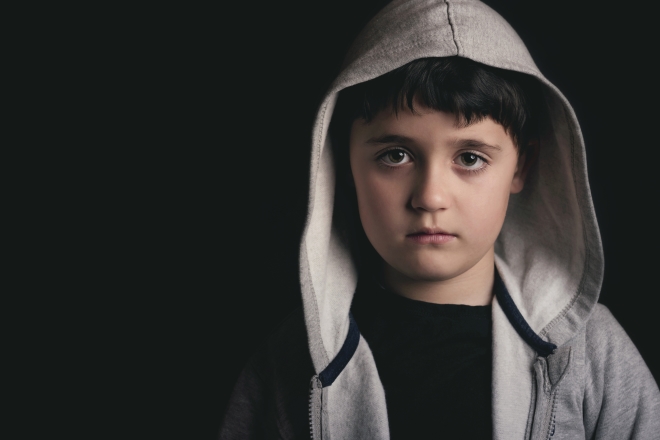Helping Your Children Understand And Deal With A Family Death
When a family member dies, children may have difficulty comprehending the concept of death. However, there are a few things you can do to help them understand what is happening, as well as cope with the loss itself.
Dealing With Grief
Just as two people may grieve in very different ways, each child responds to death differently.
The child should be comforted and reassured their feelings are completely valid.
Feelings Aren’t Permanent
It’s just as important to explain to the child their feelings are not permanent. Young children may mistakenly believe the way they currently feel will last forever.
In essence, they may not have the development to grasp the temporary nature of emotional states.
Explaining The Loss
Another important consideration is how the loss is explained to the child. If the child is young, death may best be described in more literal, or concrete, terms.
For example, older children understand phrases such as “passed on” mean the person has died and will not return. However, a young mind may not quite realize this.
Therefore, it’s best to explain the concept of death in age appropriate terms. Also, it’s important to avoid becoming upset if the child doesn’t immediately understand, and persists in asking when the person will come home.
Stable Environment
One way to help a child cope with loss is to attempt to surround them with a stable environment. Regular routines will create an atmosphere of consistency for the child during an otherwise very volatile period.
This will foster a sense of security and allow the child to understand not everything has changed and that life continues to move forward.
Funeral Attendance
As previously stated, each child grieves in their own way. Their age is a major factor in determining what they are or is not ready for.
Pushing a child to attend a funeral he or she does not wish to participate may further confuse the child and set him or her back in the grieving process. Some children may respond better to a small gathering after burial or cremation, McComb & Wagner Family Funeral Home and Crematory can help meet the needs of your family for such situations.
Because many children understand death on literal versus metaphorical terms, it’s important to explain what has happened in a way he or she can comprehend. Also, the child should be reassured their feelings are normal, and they will not last forever.
Giving the child a choice in matters such as funeral attendance, as well as the maintenance of regular routines, will reinstate a sense of control and stability in the child’s life, ultimately aiding the grieving process itself.
Grief is one of the most powerful feelings we will ever experience. Many people think the only heart wrenching and life-altering grief is when a loved one passes away. However, people can and will grieve over some of life’s circumstances. Click here to learn some of them and the five stages of grief.






